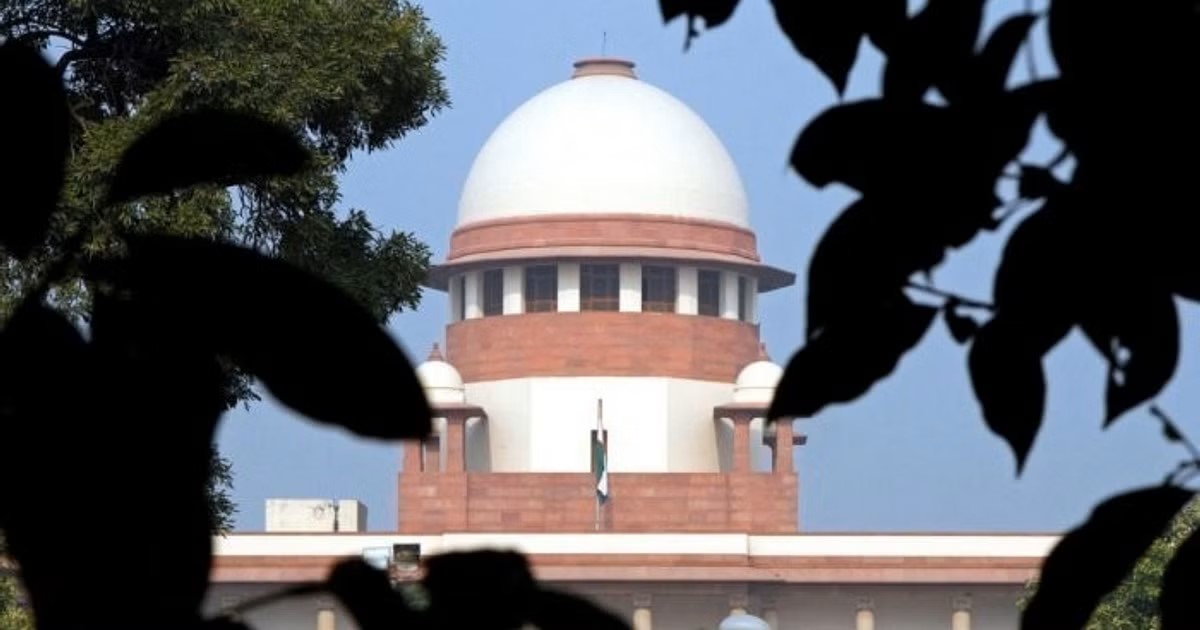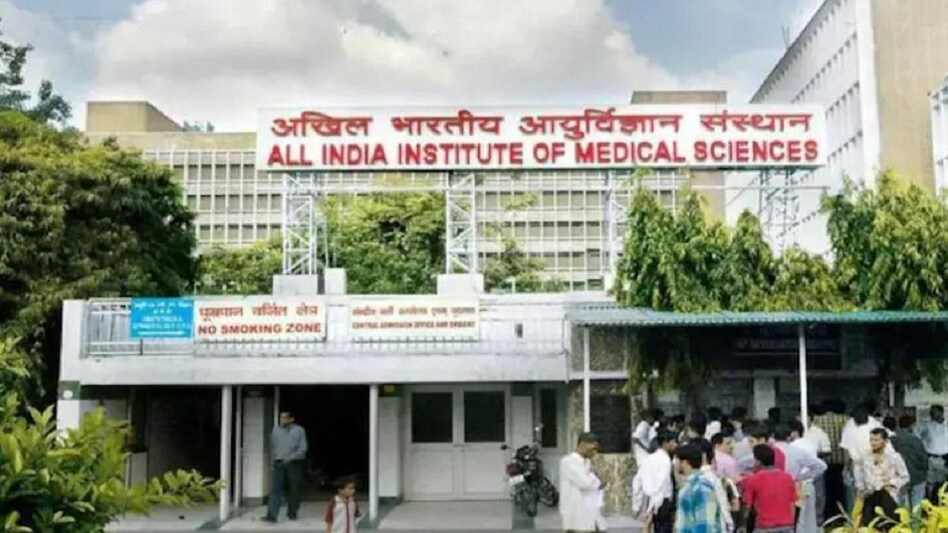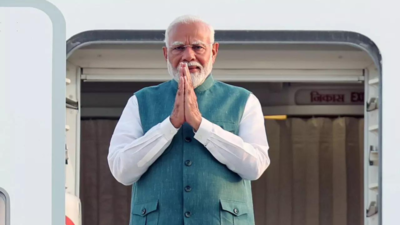The Supreme Court today recommended appointing a “neutral umpire” to address the blockade at the Shambhu border between Punjab and Haryana, amid ongoing matters related to the farmers’ protest. The court highlighted a significant trust deficit between the protesting farmers and the government, urging the latter to take steps to build trust.
 During the hearing, Justices Surya Kant and Ujjal Bhuyan stressed the need for the government to reach out to the farmers more effectively. “You need to take steps to engage with the farmers. Why would they come to Delhi otherwise? Despite their best intentions, ministers are seen as self-interested and ignoring local issues. Why not send a neutral umpire?” the bench questioned.
During the hearing, Justices Surya Kant and Ujjal Bhuyan stressed the need for the government to reach out to the farmers more effectively. “You need to take steps to engage with the farmers. Why would they come to Delhi otherwise? Despite their best intentions, ministers are seen as self-interested and ignoring local issues. Why not send a neutral umpire?” the bench questioned.
Solicitor General Tushar Mehta, representing the Haryana government, indicated no objection to the farmers’ march to Delhi but raised concerns about the presence of tanks and JCBs (excavators) that create tension. He referenced the farmers’ protest from 2020-21, which led to the repeal of three farm laws.
Haryana has challenged a high court order mandating the removal of barricades at the Shambhu border within a week. These barricades were installed in February after several farmers’ organizations announced a march to Delhi, demanding, among other things, a legal guarantee for Minimum Support Price for crops. The border has seen clashes between farmers and security forces.
The Supreme Court emphasized that the highway cannot remain blocked indefinitely. The Solicitor General requested a pause on the high court’s directive, citing the need for order on national highways and referring to the Motor Vehicles Act, which prohibits such blockades.
Punjab’s Attorney General Gurminder Singh pointed out the economic impact of the highway blockade on the state. In response, the Supreme Court proposed forming a committee to mediate between the farmers, the Haryana government, and the Centre, aiming to understand and address the concerns of all parties involved.
The court expressed a desire to avoid conflict between Punjab and Haryana, and in its order, suggested an independent committee comprising eminent individuals who could engage with farmers and stakeholders to find a fair and just solution.
“We have impressed upon them the need for instructions regarding the formation of an independent committee that can engage with farmers and other stakeholders to find a viable solution to their demands, ensuring fairness and justice for all involved,” the bench wrote.




